Should You Be Prepping Your Lawn for Winter?
As the vibrant colors of summer begin to fade and the crisp air of fall settles in, preparing your lawn for winter becomes crucial to maintaining its health. Neglecting this important task can result in patchy, unhealthy grass come springtime. With Minnesota’s changing seasons, taking the right steps now will ensure your lawn stays lush and green when the snow melts away. Our experts have compiled a helpful checklist to help you maintain a luscious, green lawn.
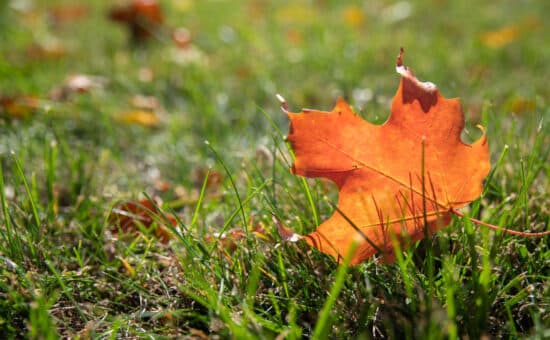
Is Fall a Good Time to Fertilize My Lawn?
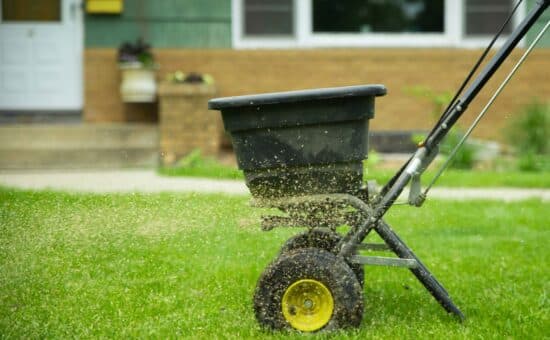
Absolutely. Fertilizing in the fall provides your lawn with essential nutrients that promote deep root growth. These nutrients help your grass withstand the winter and come back strong in the spring. A well-timed fall fertilizer application can make all the difference in your lawn’s appearance and health next year.
When Should I Put Down Grass Seed in the Fall?
In Minnesota, the ideal time to lay down new grass seed is typically between late August and September. The soil is still warm from the summer, which promotes good seed germination, while the cooler air temperatures help the new grass establish without the stress of summer heat. By seeding during this period, you’ll give your lawn the best chance to thrive.
Hire a Professional for Some Extra Help
While DIY lawn care can be effective, sometimes it’s best to bring in a professional, especially for tasks like aeration, overseeding, or managing persistent lawn issues. A lawn care expert can assess your yard’s specific needs, recommend the best treatments, and ensure that the work is done correctly and efficiently. This extra help can make a significant difference in the health and appearance of your lawn, particularly as winter approaches.
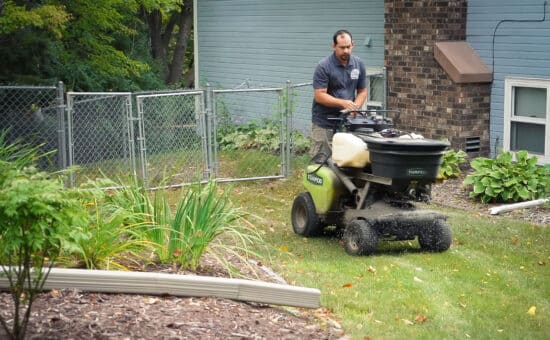
Don’t leave your lawn’s health to chance. Contact us today to schedule your fall lawn care services and ensure your lawn is ready for winter. With expert care, you can enjoy a lush, green lawn when spring arrives.
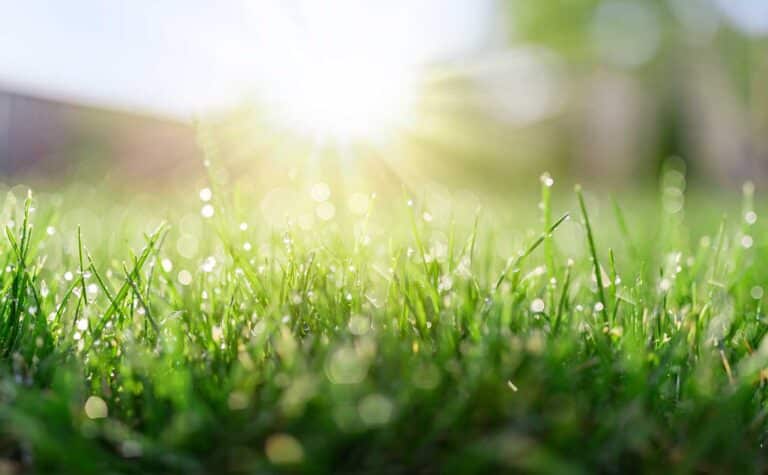
Fall Lawn Maintenance Checklist for Minnesota
- Aeration
Alleviate Soil Compaction
Regular aeration is essential for reducing soil compaction, improving fertilizer uptake, and enhancing the breakdown of thatch. This process also builds a stronger, more self-sufficient root system, helping your lawn survive the harsh winter.
- Seeding
Overseed for a Thicker Lawn
Fall overseeding helps your lawn grow thicker, filling in any bare spots before winter arrives. The perfect time for fall grass seeding is right after you aerate your lawn— this process is called overseeding. Choose a high-quality grass seed and spread it evenly. Keep the soil moist until the new grass is well-established.
- Mowing
Keep Mowing, But Adjust the Height
Continue mowing your lawn until the grass stops growing. As temperatures drop, raise your mower blade slightly to protect the roots and reduce the risk of disease. A higher cut also helps the grass withstand the cold.
- Raking Leaves
Clear Leaves to Prevent Lawn Damage:
Fallen leaves can quickly smother your lawn if left unattended, blocking sunlight and trapping moisture, which can lead to disease and fungal growth. Regularly raking ensures that your grass receives adequate light and air circulation throughout the fall. Mulching is also a great way to prevent damage while recycling nutrients back into the soil.
- Fertilization
Fertilize for Root Growth
Applying fall fertilizer in late September to early October provides your lawn with the nutrients it needs to develop strong roots before winter. Fertilizing now ensures that your grass can endure the cold months and bounce back quickly in the spring.
- Equipment Maintenance
Prepare Your Equipment
Before storing your lawn care tools for the winter, take the time to clean, sharpen, and service them. This maintenance will save you time and frustration when spring arrives, and your tools will be ready to go.
Other items you may be interested in:
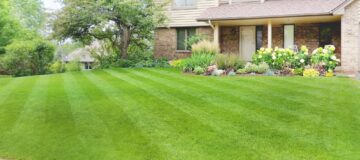
Seeding Solutions
We offer a variety of personalized seeding solutions, including drought-tolerant and no-mow options.
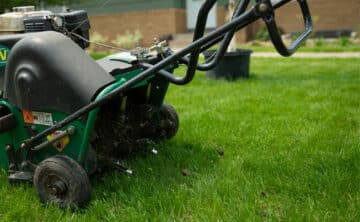
Lawn Aeration
If you notice thin, bare patches, your lawn can benefit from our lawn aeration service.
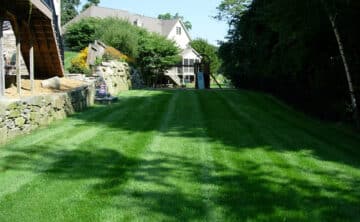
Fertilization
Our fertilization services help you create the lawn you want and ensure it continues to thrive!



